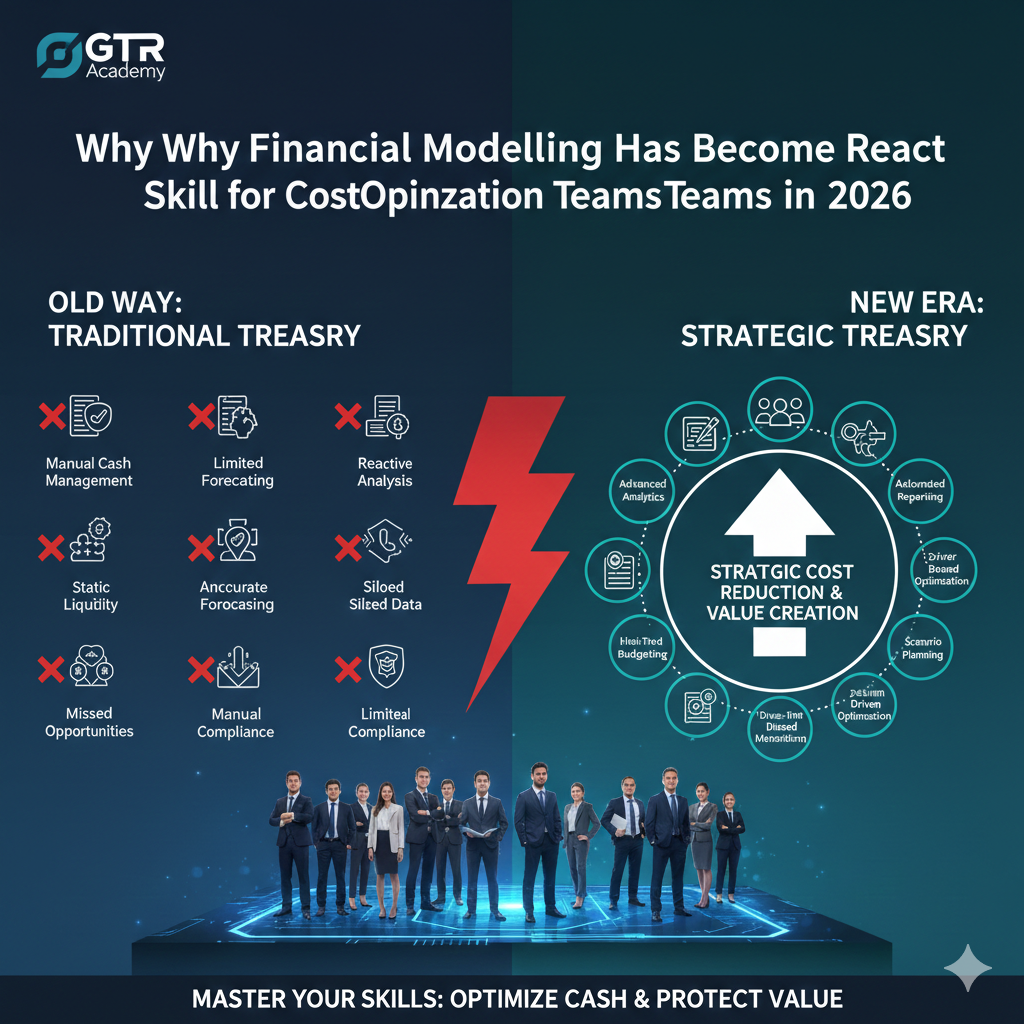Factors Driving the Demand
In recent years, the business landscape has experienced a significant transformation propelled by the rapid adoption of digital technologies and the trend toward globalization. At the forefront of this transformation is SAP (Systems, Applications, and Products in Data Processing), a powerhouse enterprise resource planning (ERP) software widely utilized across industries. The high demand for SAP professionals can be attributed to various factors, including the increasing complexity of business processes, the necessity for data-driven decision-making, and the ongoing digital evolution that companies undergo to remain competitive.
The rise in complexity in business operations has necessitated robust systems like SAP that can integrate various functions—financial management, human resources, supply chain, and customer relationship management, among others—into a cohesive unit. As organizations face multidimensional challenges, they seek professionals who are able to harness the capabilities of SAP to streamline operations, optimize workflows, and enhance productivity. This demand creates opportunities for individuals possessing a specialized skill set that includes technical proficiency with SAP systems as well as a comprehensive understanding of business processes.
Moreover, companies increasingly recognize the importance of leveraging data to inform strategic decisions, a shift that underscores the need for professionals who can effectively utilize SAP’s data analytics capabilities. SAP’s suite of tools provides organizations with real-time insights into their operations, enabling data-driven decision-making that is pivotal in today’s fast-paced environment. Professionals who can transform raw data into actionable intelligence are particularly sought after, as they help organizations unlock value and drive innovation.
Another contributing factor to the high demand for SAP professionals is the migration of businesses to cloud-based systems. The advent of technologies such as SAP S/4HANA has prompted many organizations to reassess their existing architectures and transition to cloud environments that promise greater efficiency, scalability, and flexibility. This migration requires trained professionals who can manage, maintain, and optimize cloud-based SAP applications, thus increasing the need for expertise in this evolving area.
In addition to technical skills, successful SAP professionals must also exhibit strong project management and change management capabilities. Implementing an SAP system within an organization is a considerable undertaking, often requiring collaboration across multiple departments. Professionals who can effectively communicate, manage stakeholder expectations, and guide teams through the change process are highly valued. This role requires not only a deep understanding of SAP tools and functionalities but also interpersonal skills that foster teamwork and resilience amidst the challenges of transformation.
The educational landscape is adapting to address the rising need for SAP skills, with universities and specialized training institutions offering myriad programs aimed at equipping students with the required knowledge and expertise. Graduate programs increasingly emphasize digital literacy and include coursework on SAP functionality, data analytics, and enterprise management systems. This educational focus provides graduates with a competitive edge in the job market, often resulting in high employability rates immediately following their studies.
In terms of geographic demand, the need for SAP professionals is not localized to any single region or industry. While it is more pronounced in developed economies with advanced technological infrastructures, emerging markets are also experiencing an uptick in demand as companies adopt SAP systems to modernize operations. Consequently, professionals with SAP expertise are afforded opportunities on a global scale, making this an attractive career path for those open to international mobility.
However, the competition for SAP roles is steadily increasing, necessitating continuous professional development and the cultivation of niche skills. Obtaining certifications, such as those offered by SAP itself, can enhance a professional’s marketability and signify a commitment to lifelong learning. As the SAP ecosystem evolves with new innovations and functionalities, professionals must remain agile and proactive in gaining knowledge to sustain their relevance in the job market.
Lastly, the long-term implications of this demand extend beyond immediate job opportunities. Organizations investing in SAP can experience substantial return on investment through improved efficiencies and enhanced decision-making capabilities. As the demand for SAP professionals continues to grow, the knowledge economy will likely be shaped by the contributions of these skilled individuals, driving not only technological advancements but also fostering a culture of innovation and responsiveness in the business sphere.
In conclusion, the high demand for SAP professionals is a manifestation of the broader trends toward digital transformation and the integration of data-centric strategies within enterprises. The need for technically skilled individuals who can navigate complex systems, drive change, and facilitate data-driven decision-making ensures a robust landscape for SAP careers. As organizations worldwide strive for operational excellence, the continued focus on SAP expertise will define the professional contours of the future, offering abundant opportunities for skilled individuals in this field.







